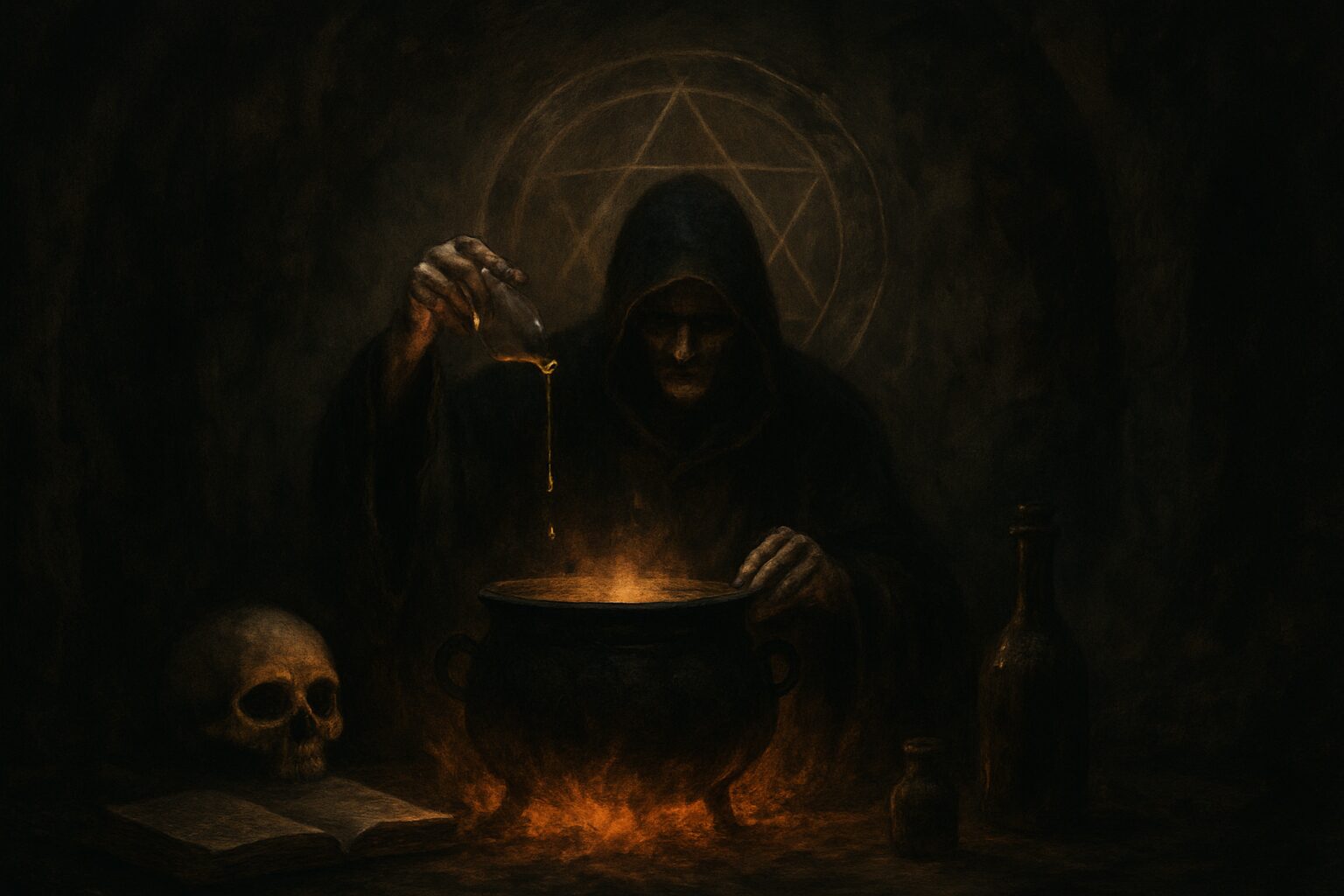Throughout history, the concept of alchemy has captivated the human imagination. Often perceived as the mysterious practice of transforming base metals into gold, alchemy is more profoundly understood as a spiritual and psychological transformation. In the depths of our personal struggles, this dark alchemy emerges not as the fraught casting of spells on matter, but as the subtle transmutation of our own suffering into profound insight.
The Alchemical Process of Suffering
Suffering is an inevitable part of the human experience, but what sets individuals apart is their ability to transform it. This transmutation mirrors the alchemical process, where something seemingly worthless takes on remarkable value through a series of intentional and mystical steps:
- Calcination: This initial phase represents the burning away of false identities and self-deception. Faced with adversity, we are compelled to strip away layers of ego, leaving us bare to confront our true selves.
- Dissolution: Here, we lose our grasp on familiar patterns. The dissolution of control feels disorienting but is necessary for deeper introspection.
- Conjunction: In this phase, opposites are unified. We begin to integrate different facets of our experiences, acknowledging both light and shadow as essential parts of our journey.
- Cohobation and Fermentation: Through reflection and growth, our trials ferment into wisdom, a new essence birthed from the old.
- Distillation: Insights are purified and clarified, shedding impurities of bitterness or resentment, leading us to a refined state of understanding.
- Coagulation: Finally, wisdom crystallizes into solid understanding, enriching the soul with newfound clarity and purpose.
The Transformative Power of Insight
“The wound is the place where the Light enters you.” – Rumi
This timeless wisdom from Rumi encapsulates the essence of dark alchemy. It reminds us that within suffering lies the seed of enlightenment. By embracing our pain, we allow the light of insight to illuminate our path.
Renowned psychiatrist Carl Jung, who extensively explored the concept of psychological alchemy, stated, “One does not become enlightened by imagining figures of light, but by making the darkness conscious.” Bringing awareness to our struggles and integrating them forms the crux of personal transformation.
Ultimately, the journey of dark alchemy is deeply personal and unique to each individual. It invites us to engage with our suffering, not as victims, but as architects of our own transformation. This process, albeit challenging, results in a profound metamorphosis, where the soul emerges gilded with insight and imbued with a deeper sense of purpose.

Comments